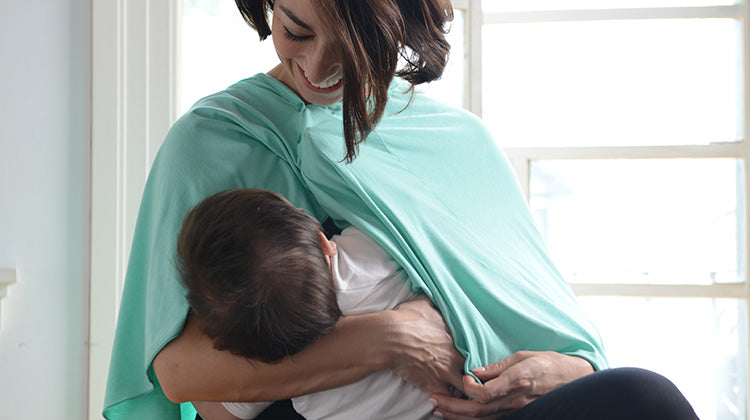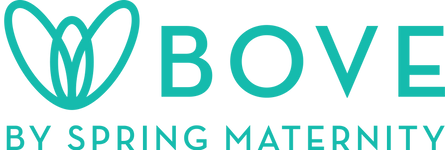
Good Nutrition for Breastfeeding Mums
Breastmilk is the best possible food for your baby. As a mum, you’ll want to give your baby the nutrients that promote his growth and health. While breastfeeding, you, too, need to eat right – remember, what you eat, your baby eats too
What to eat:
Do’s:
- Include whole grains and cereals, fresh fruits and vegetables in your diet
- Keep up your calcium intake. Continue taking 1,200 to 1,500mg of calcium daily. Dairy, tofu, sardines and chickpeas are excellent sources of calcium
- Eat a varied and balanced diet
- Wash your fruits and vegetables well to reduce exposure to pesticides. Better yet, peel them
- Include oily fish in your diet as they contain omega-3 fat which play an important role in the brain and eye development of your baby. DHA also helps prevent postnatal depression
- Drink eight to 12 glasses of water a day
Don’ts:
- Take caffeine. Besides leaching through breast milk and making your baby drowsy or unable to sleep, it affects calcium absorption adversely
- Take alcohol. It will enter breast milk and may also affect your milk letdown reflex (the reflex that prompts the release of milk from the breast)
- Take broccoli, cabbage and brussels sprouts as they are known to cause colic
- Go on a strict diet. Limiting what you eat can reduce your milk supply
- Take garlic, durians, celery, spices, onions, citrus fruits and leeks as they are known to give baby gas and diarrhoea
- Eat shark, tuna, swordfish, king mackerel and tilefish as they contain high levels of mercury
Supplements:
Do’s:
- Ask your doctor what vitamin supplements you need to take
- Take an omega-3 supplement if you don’t take seafood
- Take Vitamin D to aid calcium absorption
How often:
Do’s:
- Have regular meals
- Have regular snacks
Don’t:
- Skip meals
- Count calories. Follow your hunger as a guide to how much you need to eat

Leave a comment